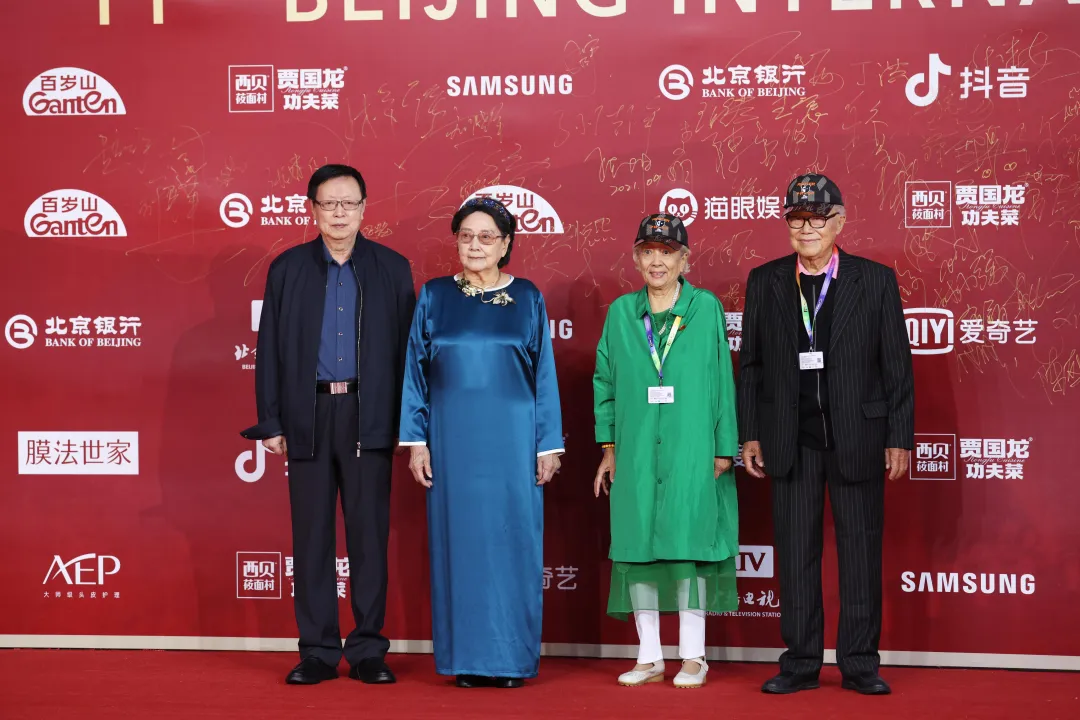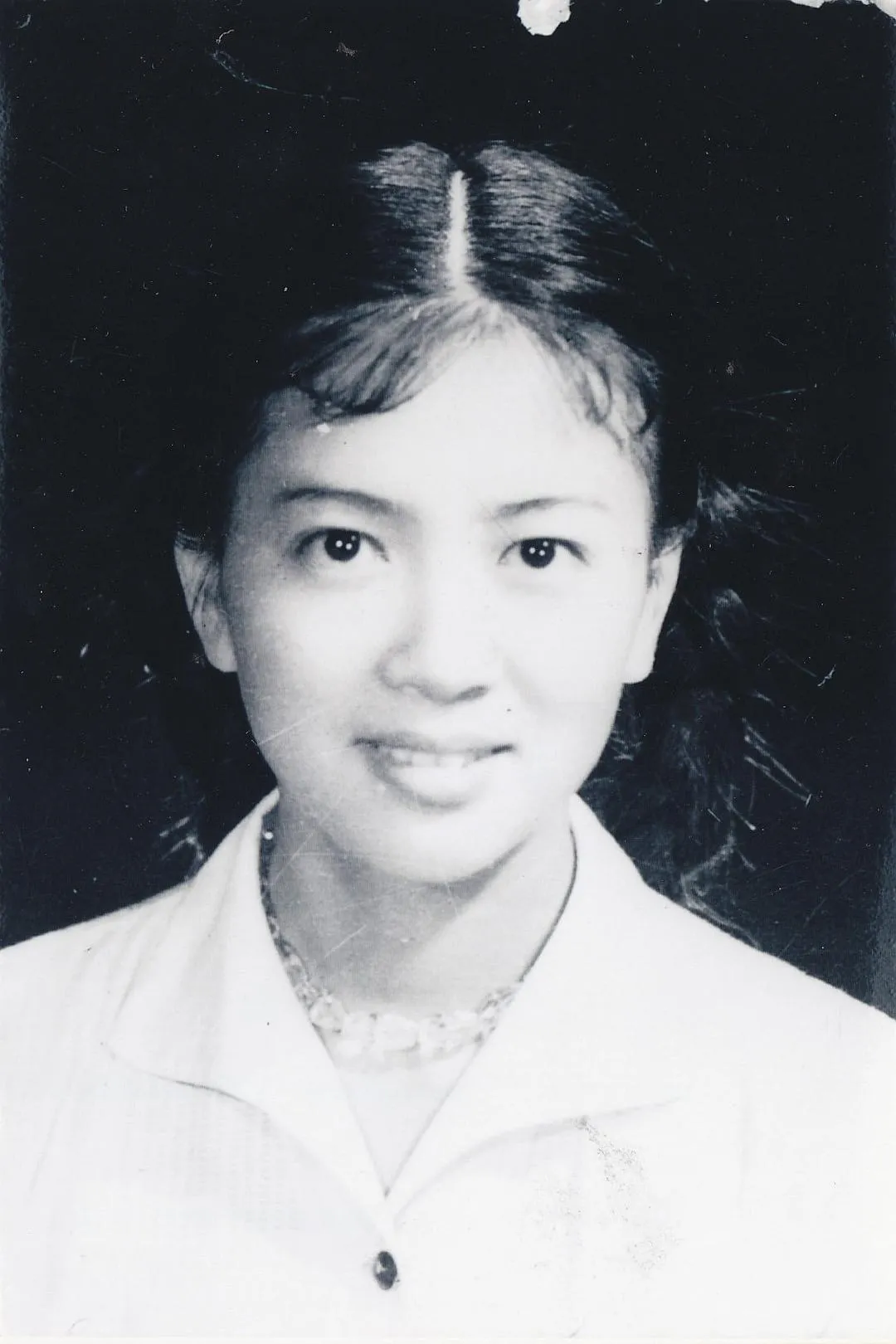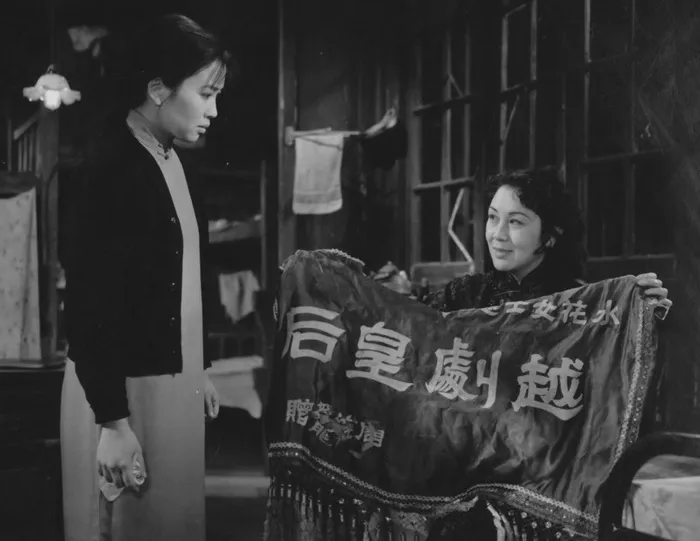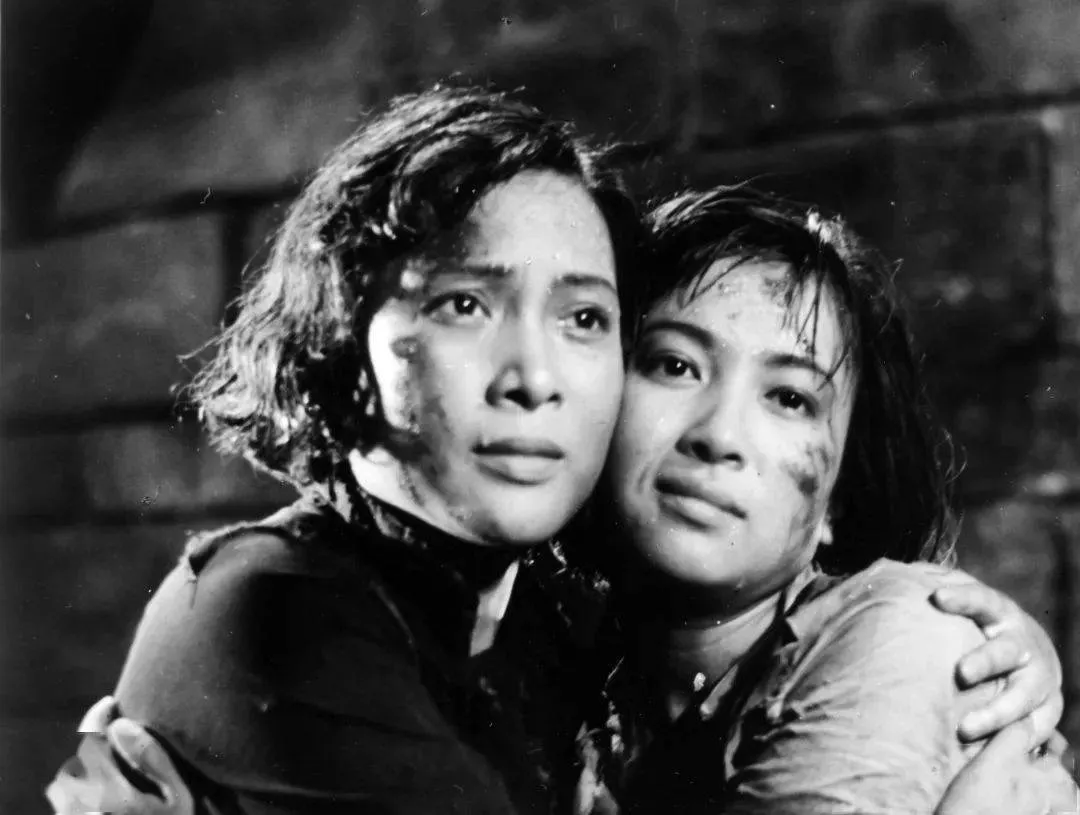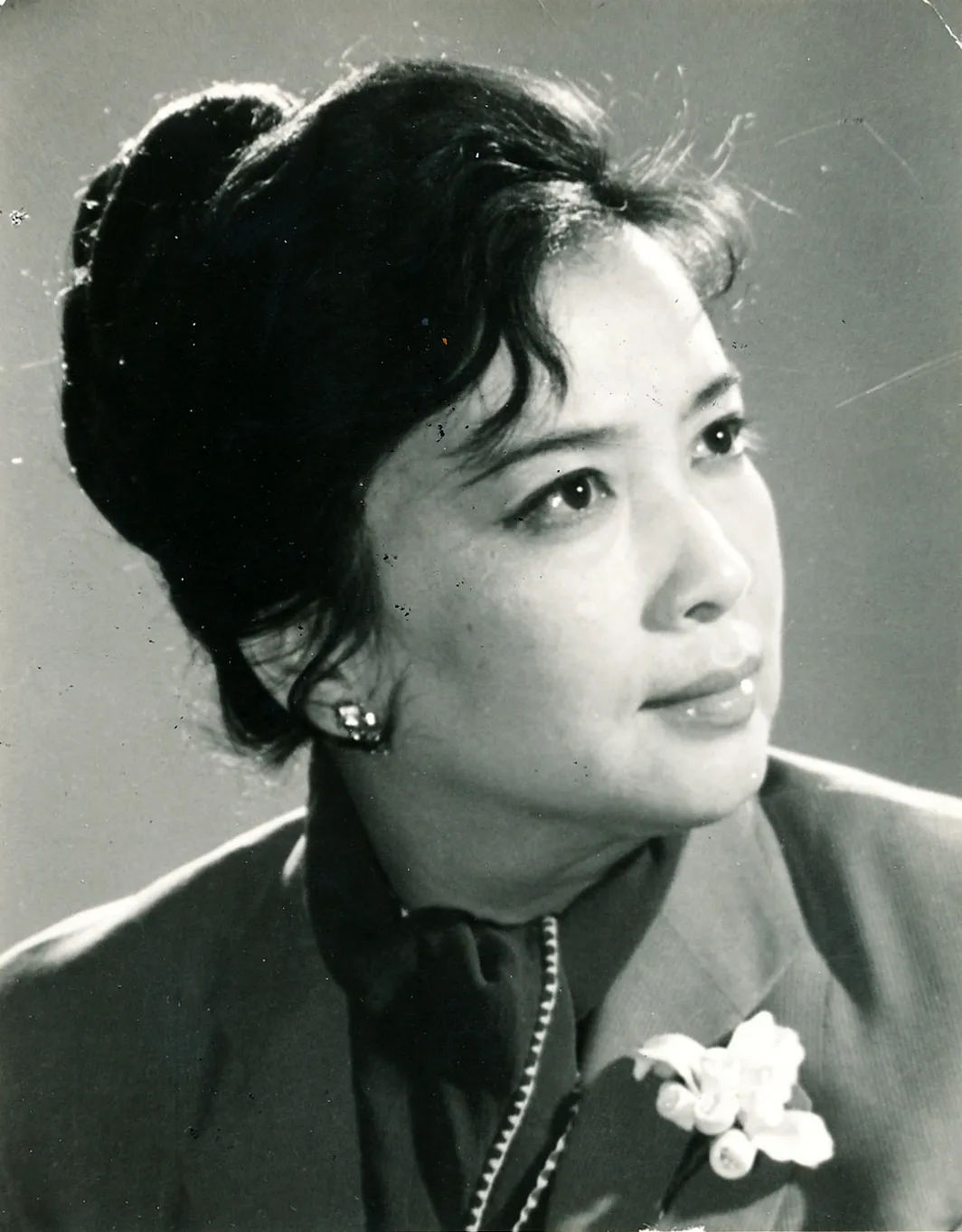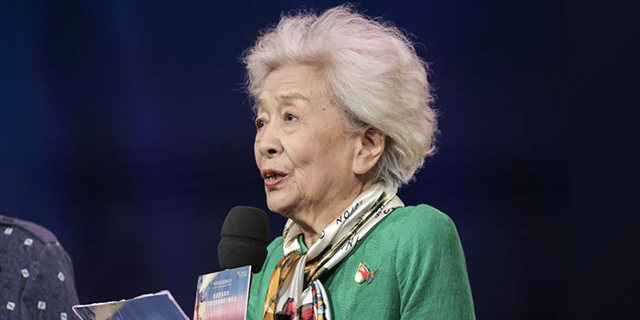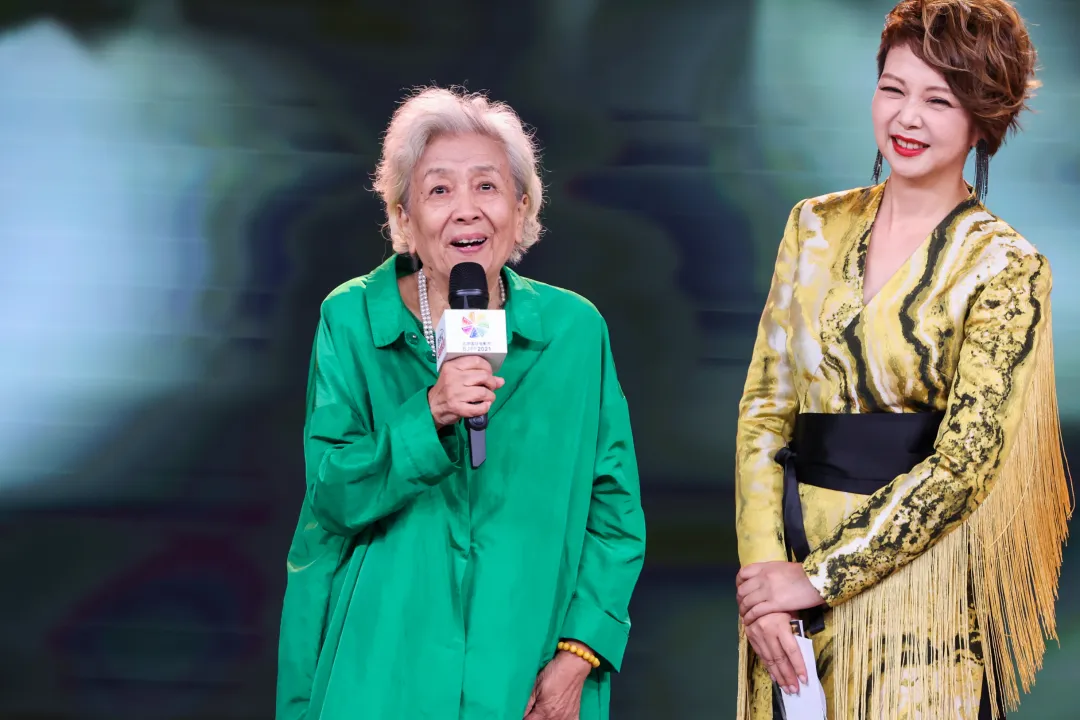Xie Fang, a celebrated actress and one of the “Twenty-Two Stars” of New China, passed away in Beijing on December 19, 2024, at 2:00 AM due to illness. She was 89 years old.
Xie Fang’s most iconic roles were in three unforgettable films from the 1950s and 1960s: Lin Daojing in Song of Youth (1959), Tao Lan in Early Spring (1963), and Zhu Chunhua in Two Stage Sisters (1964).
The Red Carpet of the 11th Beijing International Film Festival
For many younger audiences, Xie Fang is best known for her cameo in the TV series I Love My Family. In that appearance, she performed the song Beautiful Scenery in Shanxi, showcasing her remarkable singing talent. Xie Fang began her career as an actress at the Wuhan Opera House, where she performed in well-known plays like Marriage of Xiao Erhei. Her co-star in that production was none other than Zhang Mu, her husband of 65 years.
In early 1959, the Beijing Film Studio began adapting Yang Mo’s novel Song of Youth for the screen. Director Cui Wei, recalling Xie Fang’s stage performance in Wuhan, invited her to Beijing for an audition. After her audition, directors Cui Wei and Chen Huaiai were still undecided and sought advice from Xia Yan, then Deputy Minister of Culture. Following extensive discussions, they finalized the decision to cast Xie Fang.
Early Photos of the Art Troupe
Xie Fang was born Xie Huaifu, but she changed her name to Xie Fang when she began her stage career. After completing Song of Youth, she left in a hurry, and during post-production, her name was mistakenly written as Xie Fang in the subtitles. The error stuck, and a new movie star was born.
Despite her newfound fame after Song of Youth, Xie Fang continued with her regular work, unaware that she had become a household name. In 1962, she was invited to star in Xie Tieli’ s film Early Spring, becoming the first actor confirmed for the production. Upon completing that film, director Xie Jin of the Shanghai Film Studio approached her with an offer to star in Two Stage Sisters.
A Still from Early Spring
Working with director Xie Jin helped Xie Fang elevate her artistic understanding and refine her craft. Director Xie Jin famously remarked, “Making a film is like holding a nest of water in your hands. From start to finish, you must not spill a drop. If you let a little water leak here and there, you’ll end up with nothing, and the film will fail.” Xie Fang embraced this philosophy as her professional mantra.
A Still from Two Stage Sisters
From Song of Youth to Early Spring and Two Stage Sisters, Xie Fang’s cinematic persona was solidified. She epitomized a progressive, intellectual woman who remained dignified and resilient. She embodied the spirit of countering adversity with gentleness and unwavering revolutionary beliefs. Renowned film critic Zhong Dianfei once suggested that Xie Fang should write a book titled “Lin Daojing, Tao Lan, Zhu Chunhua” to document the creation of these three characters. He argued that such a firsthand account would be invaluable for advancing the study of Chinese film aesthetics. This highlights the profound influence of these roles in shaping the artistic foundations of New China’s cinema.
A Still from Song of Youth
The Beijing International Film Festival has honored her legacy by screening Early Spring at its ninth edition and both Song of Youth and Two Stage Sisters at its eleventh edition. Zhong Dianfei aptly described the thematic essence of these three films as “facing life, facing the times, and facing society.”
In the late 1970s and early 1980s, following the resumption of film production, Xie Fang returned to the screen, starring in films such as Mountain Flowers, Tear Stains, The Second Handshake, and Li Qingzhao. Even in her later years, she made occasional cameo appearances in films and TV dramas.
A Still from The Second Handshake
Xie Fang remained deeply invested in the development of Chinese cinema. In 2021, at the age of 86, she participated in several events at the 11th Beijing International Film Festival, including the “Splendor of a Century & Thematic Film Forum on the Founding of the Communist Party of China” at the China Film Development Forum,” where she delivered a speech. She also walked the red carpet at the festival’s opening ceremony.
Scene from the “Splendor of a Century & Thematic Film Forum on the Founding of the Communist Party of China”
That year marked a fresh chapter for the Chinese film industry. At the opening ceremony, Xie Fang declared passionately, “Let’s go to the movies! In films, they never truly leave us.”
The Opening Ceremony of the 11th Beijing International Film Festival
Indeed, Xie Fang herself has never truly left us—her presence lives on through the films she graced.
Zhong Dianfei, in his foreword to Xie Fang’s book “On and Off the Screen,” wrote, “For an artist to remain forever youthful in their art, they must deeply understand life and persevere in self-improvement. Xie Fang exemplifies this ideal.”
May the “Song of Youth” forever echo in our hearts, and may the legacy of veteran artists like Xie Fang continue to shine on the silver screen, eternal and unforgotten.


